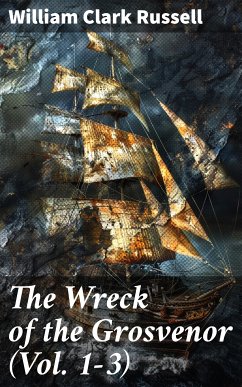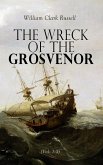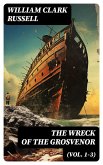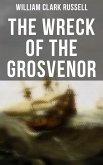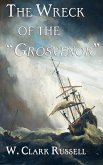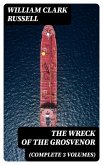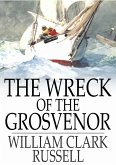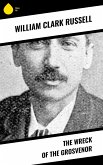In William Clark Russell's three-volume epic, 'The Wreck of the Grosvenor,' readers are transported to the brutal world of the high seas in the 19th century. Through vivid and detailed prose, Russell chronicles the harrowing journey of a ship called the Grosvenor as it faces storms, mutinies, and ultimately shipwreck. The book is a prime example of a maritime adventure novel, capturing the dangers and hardships faced by sailors during this era. Russell's descriptive language immerses the reader in the dramatic events unfolding on the ship, making for a suspenseful and engaging read. Set against the backdrop of British naval history, 'The Wreck of the Grosvenor' offers a glimpse into the challenges and perils of seafaring life. William Clark Russell, himself a former sailor, brings authenticity and a deep understanding of maritime life to his writing. His personal experiences at sea likely influenced his decision to write such thrilling tales of nautical adventure. For readers interested in gripping tales of survival and adventure at sea, 'The Wreck of the Grosvenor' is a must-read.
Dieser Download kann aus rechtlichen Gründen nur mit Rechnungsadresse in A, B, BG, CY, CZ, D, DK, EW, E, FIN, F, GR, H, IRL, I, LT, L, LR, M, NL, PL, P, R, S, SLO, SK ausgeliefert werden.

